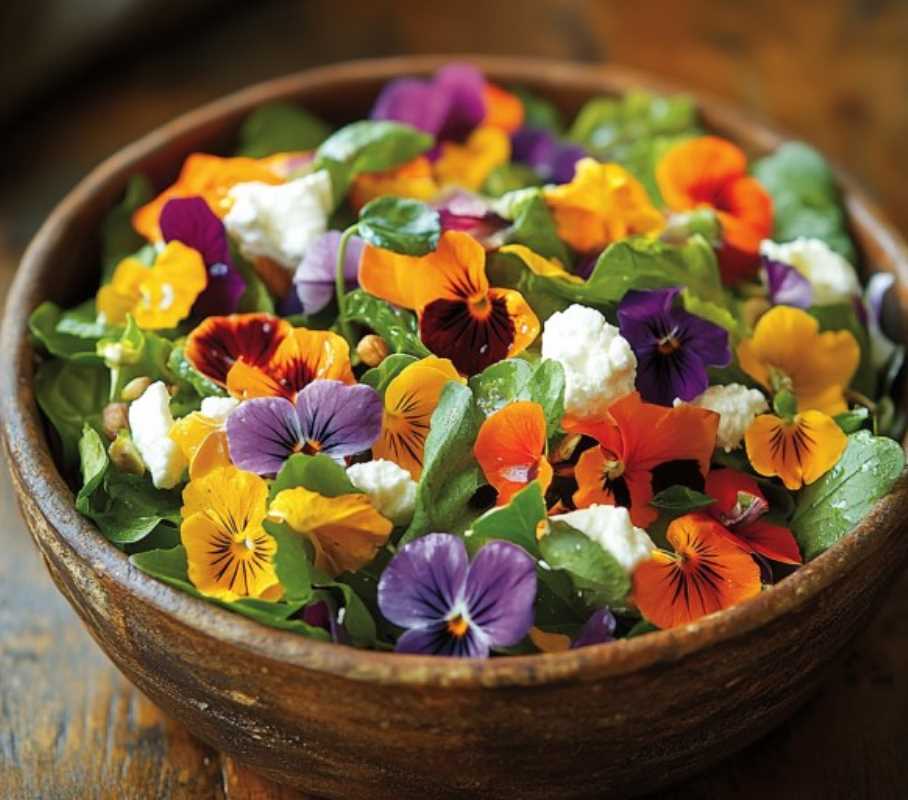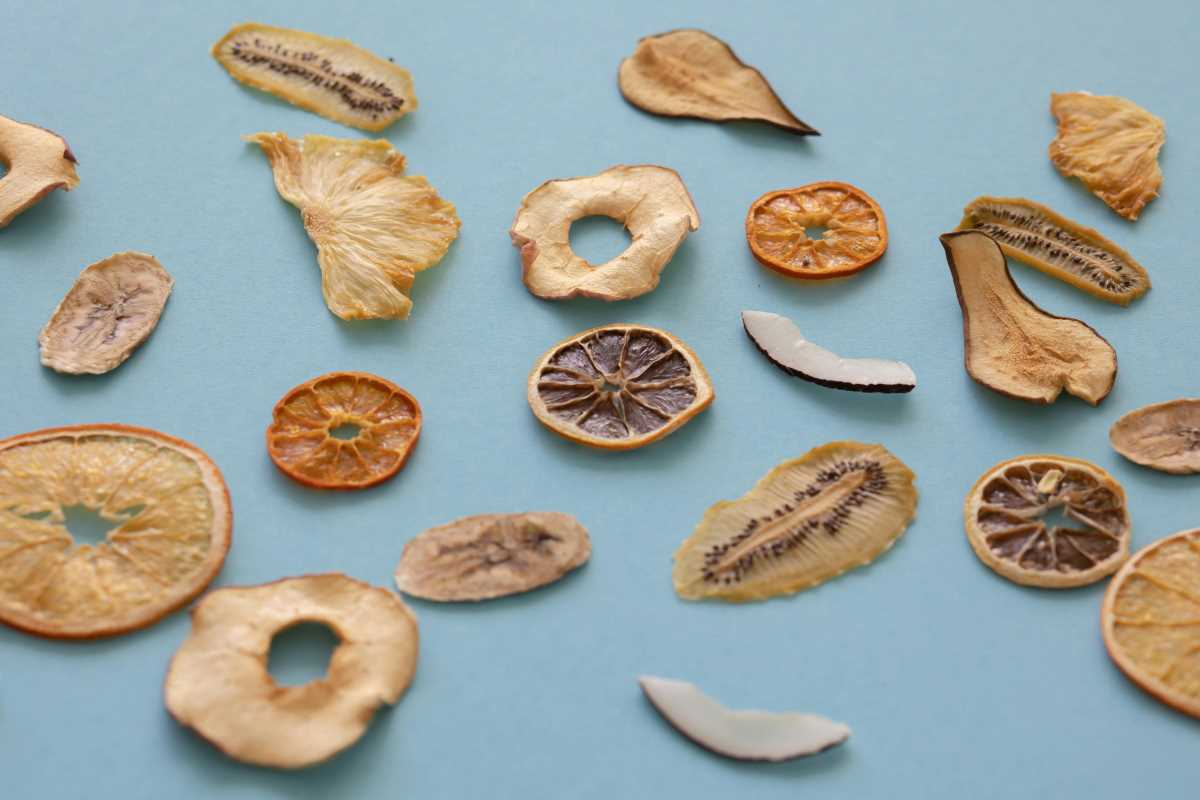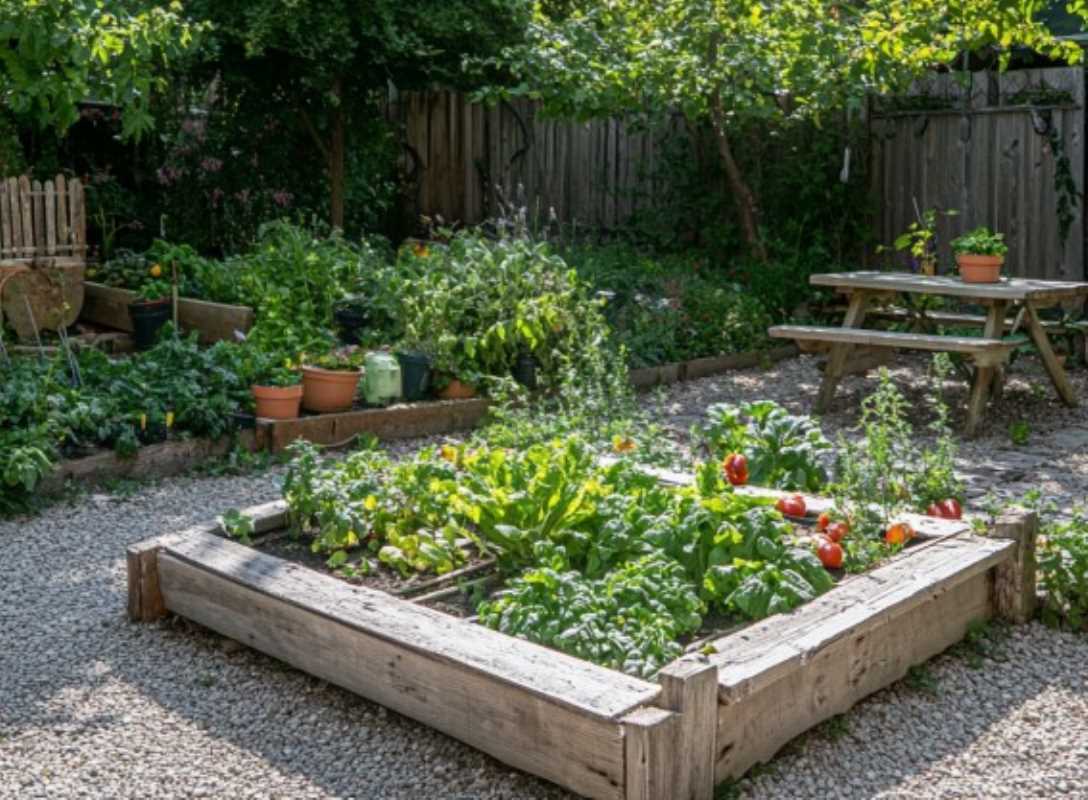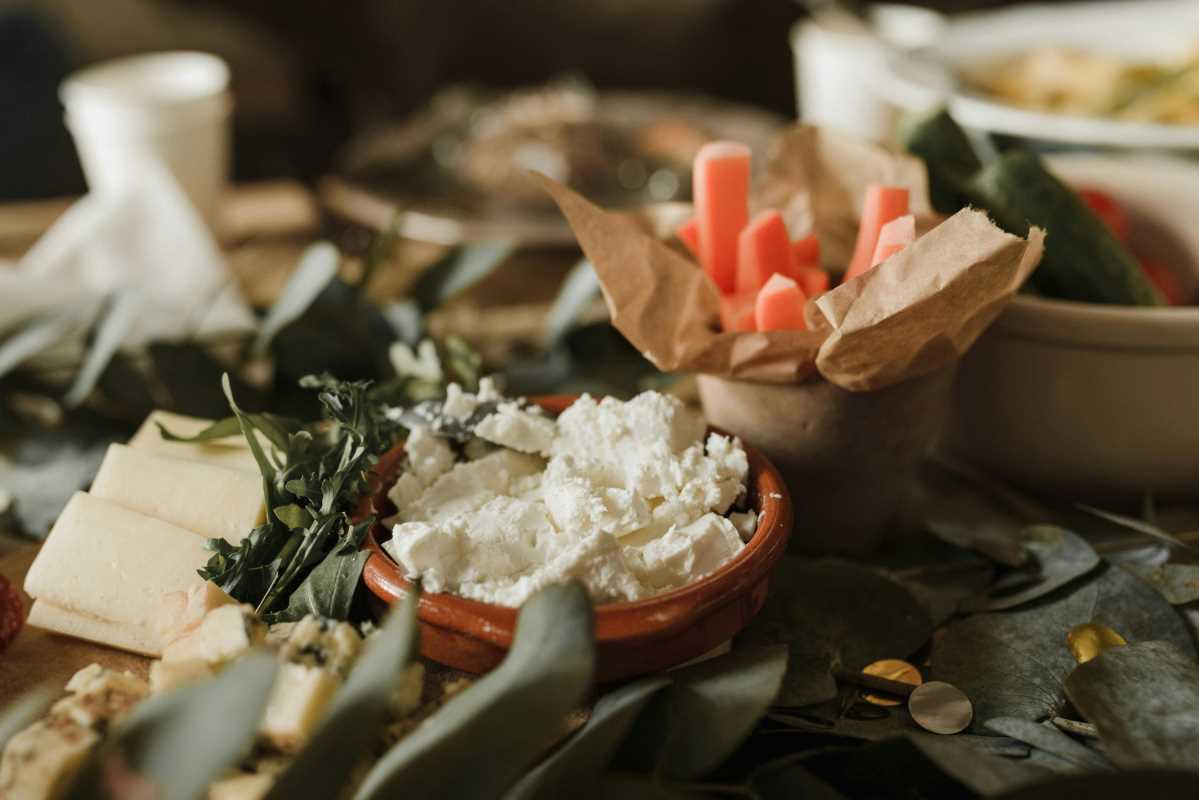Walking through the lively markets of Provence, visitors encounter an explosion of fresh, locally sourced produce, alongside artisans proudly displaying their crafts with an emphasis on minimizing waste. This setting is not merely a sensory delight but also a testament to a commitment to sustainability. Provence presents a remarkable culinary journey that resonates with eco-minded food lovers. In this region, the concept of zero-waste dining seamlessly integrates into the local food culture, offering a perfect getaway for those who wish to savor delectable meals while keeping their environmental footprint light and respectful of the planet.
Provence: A Sustainable Food Haven
- Local Sourcing: Farmers and chefs work together to use locally grown ingredients, reducing the carbon footprint associated with transportation.
- Seasonal Menus: Restaurants in Provence adjust their menus based on seasonal availability, ensuring freshness and minimizing waste.
- Composting Initiatives: Many establishments participate in composting programs to recycle organic waste back into the soil.
- Reusable Packaging: Markets and eateries encourage the use of reusable containers and packaging to cut down on single-use plastics.
- Zero-Waste Workshops: Educational programs exist for both locals and visitors to learn about sustainable cooking and waste reduction techniques.
The Zero-Waste Movement: What It Means for Foodies
The zero-waste movement in the culinary world emphasizes the complete elimination of waste by reusing, recycling, and composting all materials involved in food preparation and consumption. For food enthusiasts, this means choosing establishments that prioritize sustainability, being mindful of portion sizes to avoid leftovers, and embracing creative ways to use every part of an ingredient.
Traveling with a zero-waste mindset enriches the experience, allowing foodies to connect more deeply with the local culture and environment. It turns a simple meal into a statement of values and care for the planet, encouraging a more thoughtful and responsible approach to eating out and cooking at home.
Top Zero-Waste Culinary Experiences in Provence
- Local Farmers' Markets: Explore bustling markets like Marché d'Aix, where vendors sell fresh, seasonal produce and zero-waste products.
- Zero-Waste Restaurants: Dine at establishments such as Le Jardin Bio, which focuses on organic, locally sourced ingredients and sustainable practices.
- Cooking Classes: Participate in workshops offered by Green Plate, where you can learn how to prepare delicious meals without generating waste.
- Eco-Friendly Wineries: Visit wineries like Château Vert that implement sustainable viticulture and zero-waste production methods.
- Community Gardens: Engage with local community gardens where you can pick fresh herbs and vegetables, reducing the need for packaging and transportation.
Incorporating Zero-Waste Practices at Home
- Plan Your Meals: Create a weekly meal plan to ensure you buy only what you need, reducing food waste.
- Embrace Leftovers: Find creative ways to repurpose leftovers into new dishes, minimizing waste.
- Compost: Start a compost bin for organic waste, which can enrich your garden soil.
- Use Reusable Containers: Invest in reusable containers and bags for shopping and storing food to cut down on single-use plastics.
- Grow Your Own Herbs: Cultivate a small herb garden at home to have fresh ingredients on hand and reduce reliance on store-bought options.
The Impact of Zero-Waste Dining
Adopting zero-waste dining practices significantly reduces the environmental footprint of the food industry. By minimizing waste, restaurants and consumers lower greenhouse gas emissions, decrease landfill usage, and use resources more efficiently. Sustainable practices like composting and recycling help preserve natural habitats and reduce pollution, creating a healthier ecosystem.
On a broader scale, zero-waste dining promotes a cultural shift towards more conscious consumption. It encourages the food industry to innovate and adopt greener technologies, ultimately leading to more sustainable living practices worldwide. As more people embrace zero-waste, the cumulative impact can drive systemic changes that benefit both the environment and society.
Embarking on a zero-waste culinary adventure in Provence means enjoying exquisite food while positively impacting the planet. By embracing sustainable food practices, you contribute to a greener future and inspire others to follow in your eco-friendly footsteps.
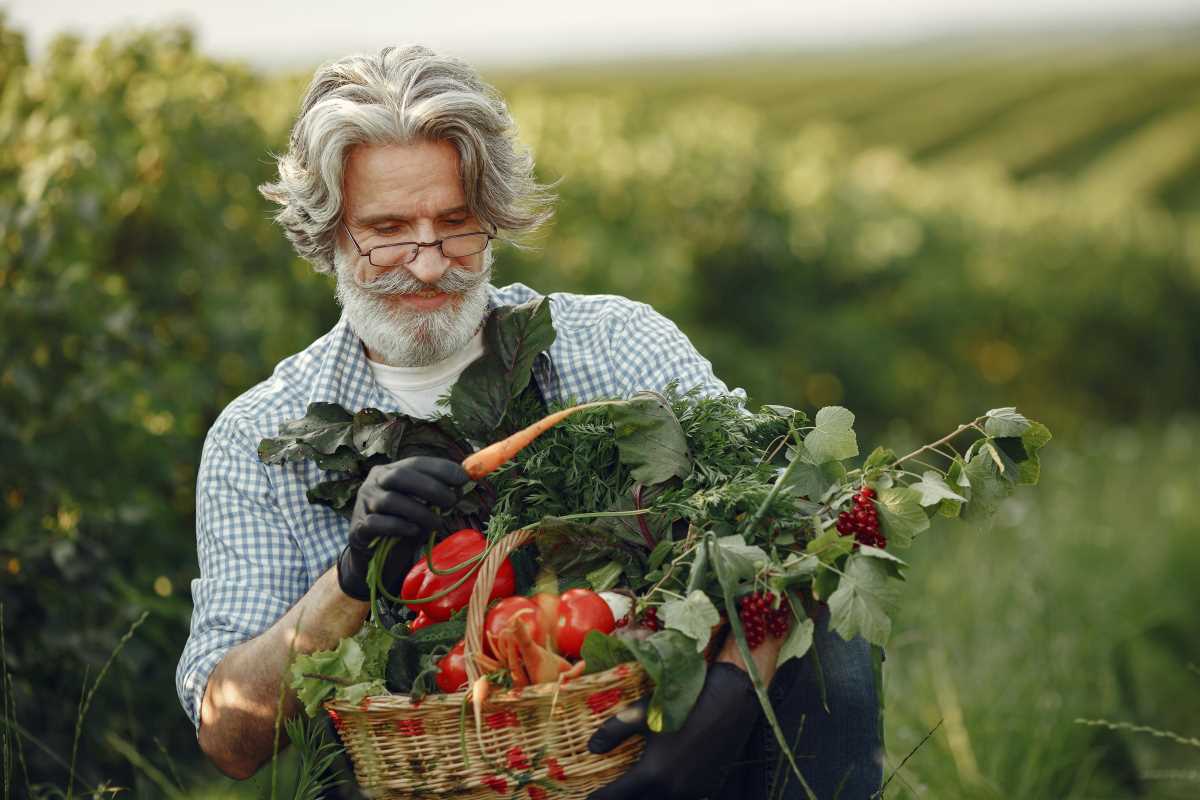 (Image via
(Image via
.jpeg)
